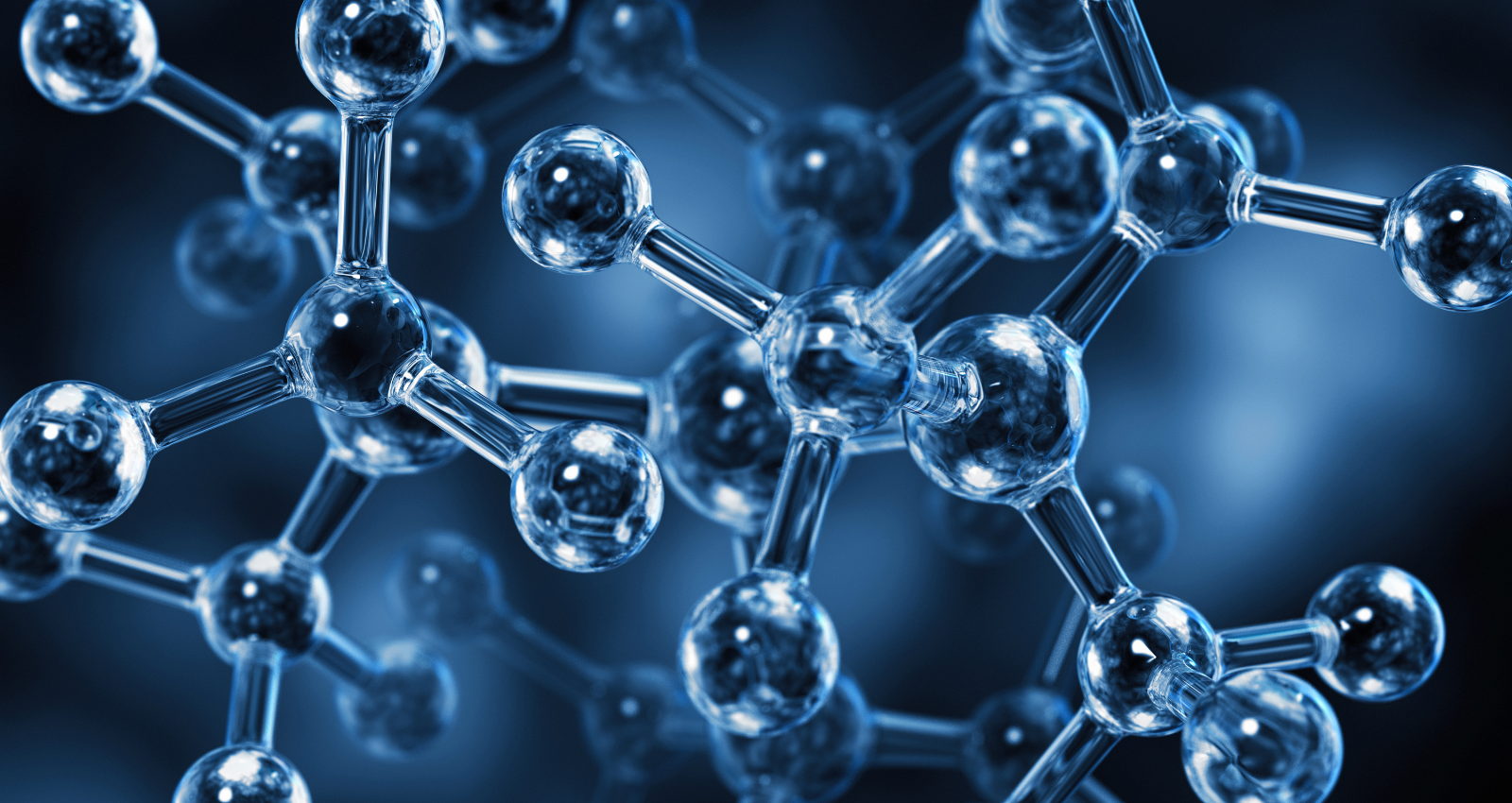What is PFAS?

PFAS is a broad family of chemistry with essential uses, not all PFAS are the same.
Per- and polyfluoroalkyl substances (PFAS) are a diverse group of more than 9,000 synthetic chemicals that have been widely used because of their unique water, grease, and stain resistant qualities.
PFAS have been used to make industrial and consumer products such as plastics, electronics, solvents, coatings, paints, refrigerants, paper products, textiles, fire suppressants, pharmaceuticals, medical devices, semiconductors, pesticides, construction materials, carpet and floor coverings, cookware, clothing, cosmetics, personal care products, and more.
As a result, PFAS considerations affect a wide range of businesses and industries, as well as the day-to-day life of North Carolinians who rely on these products.
Regulating all PFAS the same would be like regulating all carbons the same. What if we regulated gasoline, bourbon, and plastic jugs the same way? It would be irresponsible.
The American Chemistry Council uses berries as an analogy for chemical families, saying, “Lately, there has been a push for one-size-fits-all policies banning, restricting, or regulating entire chemical families. A one-size-fits-all approach is neither scientifically accurate, nor appropriate. The truth is, just like in our own families, every individual chemical in a family has its own unique set of qualities and behaviors that can provide important benefits.”